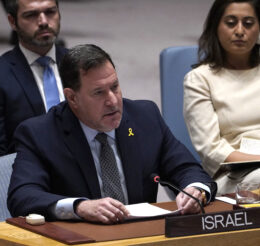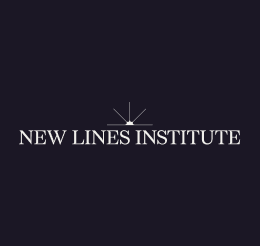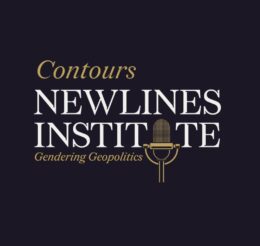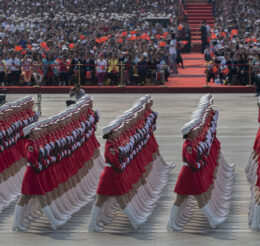Gender as an Analytical Tool for Foreign Policy
Gender is a tool to understand structural power relations with deep symbolic significance and institutionalized forms of categorizing individuals. Gender is learned, culturally significant, and can change over time; for instance, the assumption that men should be the primary breadwinner or that women are primarily homemakers and caretakers is cultural and changes over time. A gender analysis uses this theory to understand the relationships among men, women, boys, girls, and people of diverse SOGIESC and how their access to resources, their activities, and the constraints they face are predicated on their gender. New Lines’ Gender Analysis Project seeks to apply a gender and intersectional lens to issues of foreign policy and national security, providing policymakers with a richer and more nuanced understanding of current affairs.










